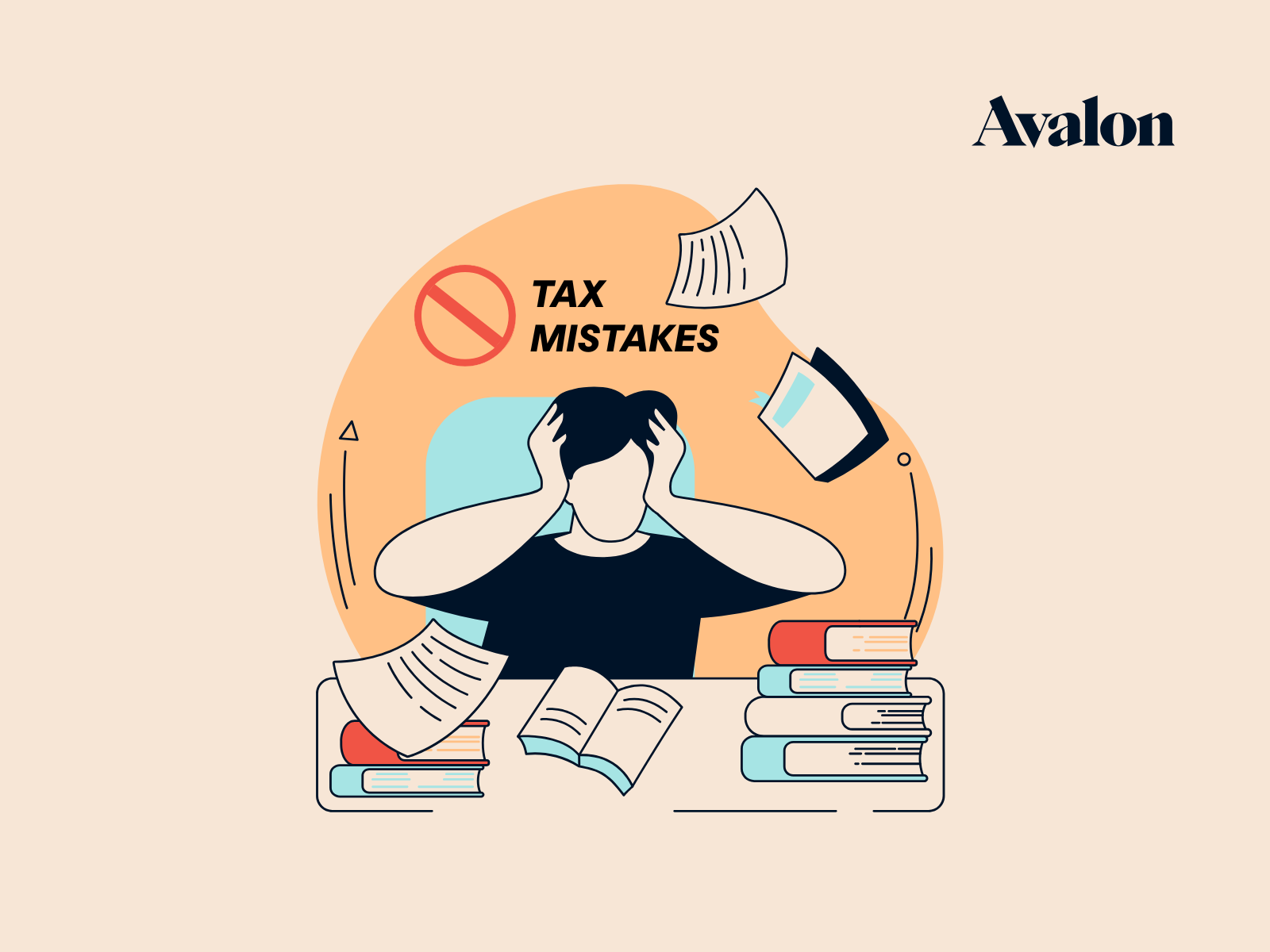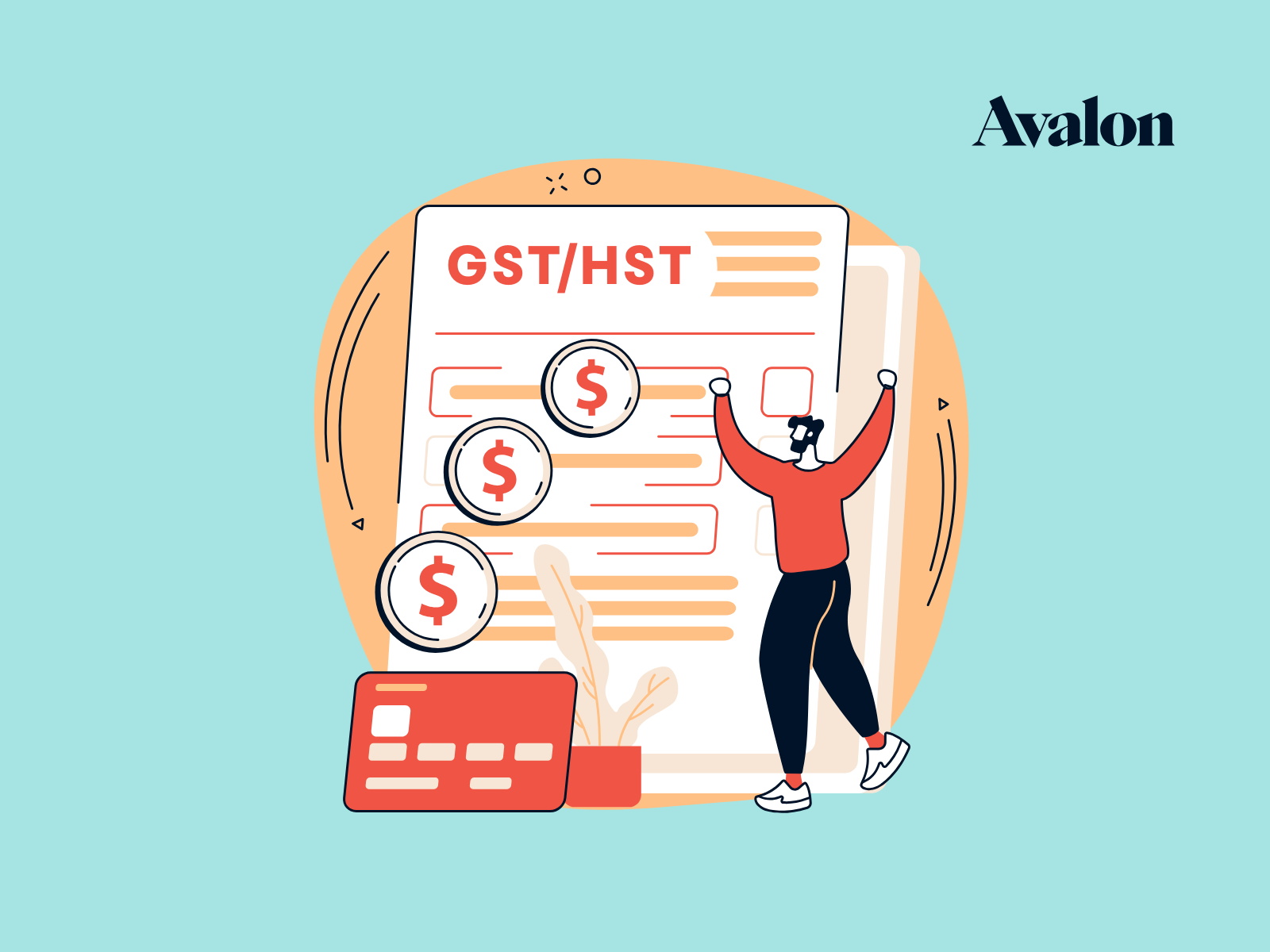What does a bookkeeper do? We break down the answer. Learn what a bookkeeper does for you in Canada and why they are important for your business.
Running a business in Canada can mean that there is a lot of red tape to manage. There are many government requirements to keep up with. A good bookkeeper will be able to help you manage all of these requirements, so nothing slips through the cracks; however, as a business owner you still need to ensure that someone is engaged to complete these tasks. It can prevent a lot of finger-pointing later. After all, it’s you that the CRA is going to come after for any missed filings or payments.
What is a bookkeeper?
Google says, “a person whose job is to keep records of the financial affairs of a business.”
That sounds pretty reactionary. It implies that there’s a bunch of stuff going on and the bookkeeper just sorts it all out. Traditionally, this has been the case, but nowadays business owners rightfully demand a higher level of service - someone who can keep financial records up to date, ensure government filings are being done on time and be proactive about any issues they see coming down the pipe.
Here’s a list of what your bookkeeper can do for you (and why it’s important):
1. Reconcile your accounts at the end of each month
Pretty standard stuff, but we have been surprised at how many businesses are not doing this. Having reconciled accounts means that your financials are up to date and you (or your accountant) can start to analyze them. Just make sure they aren’t making use of the infamous “suspense” account, which is a sloppy, but prevalent practice.
2. Record and pay bills on their due date
A good bookkeeper recognizes that cash flow management is absolutely critical to a small business’ success and will only pay bills when they become due.
3. Create and issue invoices (and follow up and up and up)
Larger companies have accounts receivable departments for a reason. Customers often require a lot of reminders to pay their invoice and the life of your company depends on it. Resist the temptation to do this yourself as you will likely give yourself a lot of excuses why the customer may not have paid yet. Delegate it to your bookkeeper so the issue is black and white. To the bookkeeper it's 'Have we received payment? No, then follow up until the invoice is paid.'
4. Keep tabs on your cash balance
Once you start delegating your financial tasks, you will want to know what your cash balance is and what money is expected to go in and go out. You bookkeeper should keep these records and let you know if you are going to be short cash to pay bills so you can make some other arrangements.
5. Process and Reconcile Payroll
I hesitated to add this one as payroll is really a specialized skill that you may want to consider outsourcing separately from bookkeeping. Ensure you understand what aspects of payroll are truly handled by your bookkeeper
- Running payroll
- Filing payroll returns
- Making CRA remittances
- Calculating stat pay
- Accruing and tracking vacation pay
- Managing expense reimbursements
- Managing client expense billbacks
- Filing and Disbursement of T4s
- Filing and Disbursement of Records of Employment (for terminated employees)
- Severance payment calculation
- Commissions calculations and bonuses
- Health benefits deductions
- Allowances (car, phone, etc.)
This list could go on! The important piece here is understanding that payroll is not as simple as many people think. Be sure you understand who is responsible for what.
6. Track, file and pay sales tax (GST/PST/HST/RST)
Your bookkeeper should be tracking the sales taxes that you collect and pay so that your sales tax returns are accurate and so that you don't overpay. Some provinces also give you incentive to file your PST on time (up to $198 per month), which can really add up!
7. Provide Reports
Your bookkeeper should be providing you with accounts payable (what you owe) and accounts receivable (what’s owed to you) as well as a simplified profit and loss report. More robust reporting will usually come from your accountant, but technology is definitely upping the game of many bookkeepers. One other useful report is a cash summary report, which shows the cash you have in the bank. This is a useful report when you have multiple bank accounts and will give your accounts payable and accounts receivable reports more context.
8. All the little details
There are a lot of other little things a great bookkeeper will do for you:
- File your Worker’s Compensation report and pay the bill
- Remind you to renew your municipal business license (or do it themselves)
- Remind your lawyer that your year-end is up and that annual filings are to be completed
- Provide your accountant with a clean working paper file at year end to minimize fees
- Notice when an expense doesn’t make sense or you may have been double billed for something
- Follow up on missing information
What it means for you
As you can see, there is a lot that a bookkeeper can do for you. The important bit for a business owner to know is that all of these things need to be accomplished. Once you understand, you will be better positioned to outline what your bookkeeper’s responsibilities are and what you still need to do yourself. I suggest you get a list from your bookkeeper of what is their responsibility and what is yours so everyone is clear on their responsibilities.






.png)





